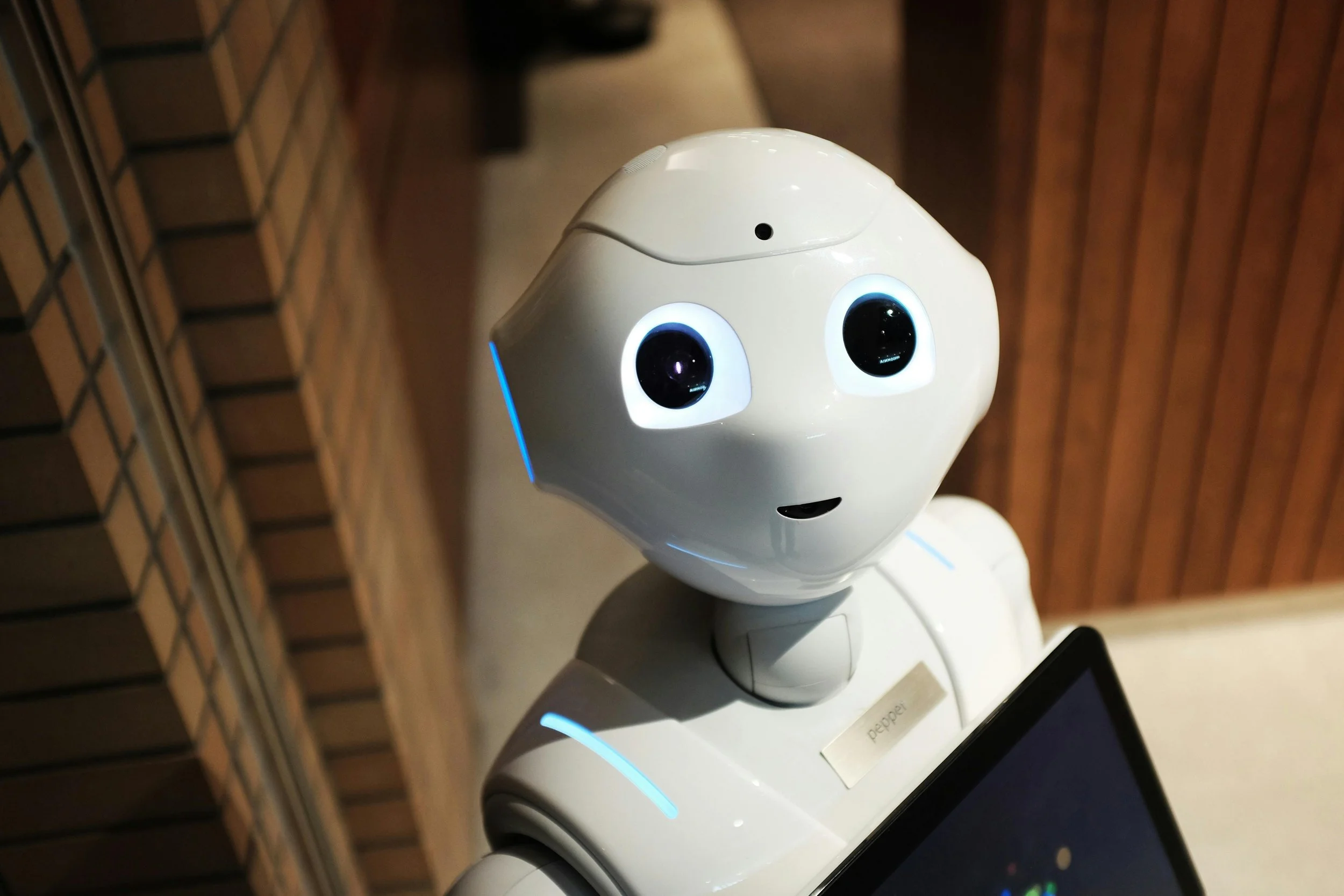Top 7 HVAC Trends in 2025: Smarter and Greener Solution
The HVAC (Heating, Ventilation, and Air Conditioning) industry is experiencing a transformative phase, embracing innovations that enhance energy efficiency, comfort, and sustainability. As we progress through 2025, several key trends are shaping the future of HVAC technology.
1. Integration of Artificial Intelligence (AI) and Machine Learning (ML)
AI and ML are revolutionizing HVAC systems by enabling them to analyze usage patterns and environmental data to optimize performance. These technologies facilitate predictive maintenance, reducing downtime and operational costs. For instance, AI can adjust system operations in real-time based on occupancy and weather forecasts, ensuring optimal comfort and energy efficiency.
2. Adoption of Eco-Friendly Refrigerants
Environmental concerns are driving the shift towards refrigerants with lower Global Warming Potential (GWP). New regulations mandate the use of environmentally friendly refrigerants, leading to increased costs but promoting sustainability. Homeowners are encouraged to upgrade older systems to comply with these standards and benefit from improved efficiency.
3. Advanced Dehumidification Technologies
Innovations in dehumidification are significantly reducing energy consumption in humid climates. Technologies like AirJoule utilize metal-organic framework materials to enhance dehumidification efficiency, cutting energy use by up to 90%. These advancements are crucial for maintaining indoor comfort while minimizing environmental impact.
4. Enhanced Indoor Air Quality (IAQ) Solutions
Post-pandemic, there is a heightened focus on IAQ. Advanced filtration systems, including HEPA filters and UV-C light technology, are being integrated into HVAC systems to eliminate pathogens and improve air quality. Additionally, real-time air quality monitoring allows for immediate corrective actions, ensuring healthier indoor environments.
5. Integration of Renewable Energy Sources
The incorporation of renewable energy sources, such as solar and geothermal power, into HVAC systems is on the rise. This integration reduces reliance on non-renewable energy, lowers operating costs, and minimizes environmental impact. For example, solar-powered HVAC systems harness solar energy for heating and cooling, promoting sustainability.
6. Smart Thermostats and IoT Integration
The Internet of Things (IoT) is making HVAC systems smarter and more interconnected. IoT-enabled devices allow real-time monitoring, diagnostics, and control, providing unparalleled convenience and efficiency. Smart thermostats learn user preferences over time, automatically adjusting temperatures for maximum comfort and energy savings.
7. Resilience to Extreme Weather Conditions
With the increasing frequency of extreme weather events, HVAC systems are being designed to withstand harsh conditions. For instance, advancements in heat pump technology are addressing challenges posed by high humidity and low temperatures, ensuring reliable performance even during severe weather.
These trends highlight the HVAC industry's commitment to innovation, sustainability, and enhanced comfort. By embracing these advancements, homeowners and businesses can look forward to more efficient and environmentally friendly climate control solutions in 2025 and beyond.
Ready to Upgrade Your HVAC System? Contact AirBest Today!
As HVAC technology continues to evolve, staying ahead of the curve can significantly improve your home's comfort and energy efficiency. At AirBest Heating & Cooling Systems Inc., we specialize in providing cutting-edge HVAC solutions tailored to your needs. Whether you’re looking to install a smart thermostat, upgrade to eco-friendly systems, or explore energy-efficient options, our expert team is here to help. Visit airbest.ca to learn more about our services or to schedule a consultation today. Let us help you create a comfortable, sustainable, and cost-efficient environment for your home or business!

